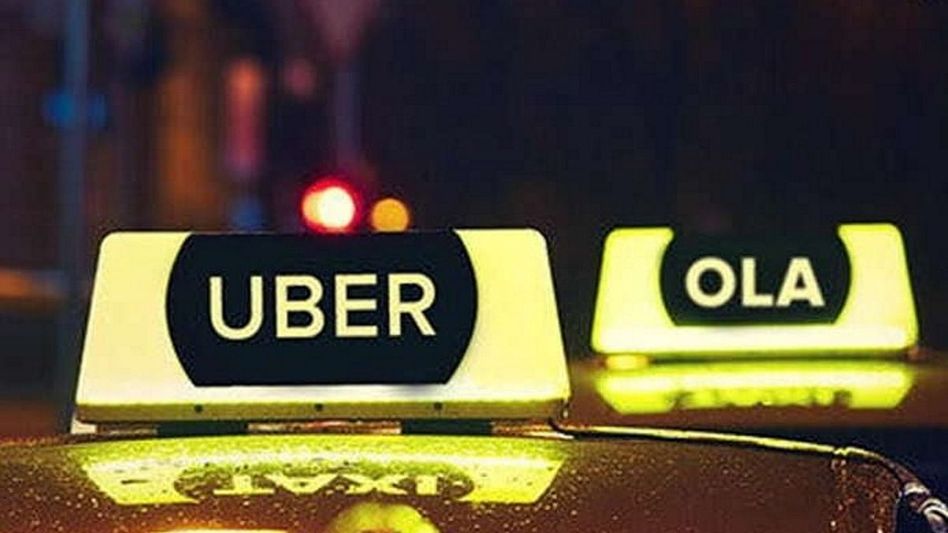Government issues fresh guidelines to regulate Ola, Uber
 ola uber
ola uberNEW DELHI: The Union road transport and highway ministry on Friday released guidelines to regulate cab aggregators like Ola and Uber and also set a limit in price surges, fulfilling a frequent demand of users of all such mobility aggregators.
According to the guidelines, the driver of a vehicle shall receive at least 80% of the fare applicable on each ride and the remaining charges for each ride shall be received by the aggregator. The guidelines further added that the aggregator will be allowed to charge a fare 50% lower than the base fare and a maximum surge pricing of 1.5X of the base fare.
The new guidelines are expected to solve regular issues faced by riders who have been complaining of higher surge pricing and lack of regulation for cab aggregators.
In case of cancelling a ride, a fee of 10% of the total fare not exceeding Rs 100 has been set for both riders and drivers when a cancellation is made without a valid reason as stipulated by the aggregator on its website and on the app.
The main objective of the fresh guidelines is to regulate shared mobility and reduce traffic congestion and pollution along with providing ease of doing business, customer safety and driver welfare, the ministry said in its press release.
The ministry has also released a new rule for a ride-sharing model in which a maximum of four ride-sharing intra-city trips in a day and a maximum of 2 ride-sharing inter-city trips per week shall be permitted for a vehicle attached with an aggregator.
Ridesharing and carpooling models of Ola and Uber have been severely impacted ever since Covid-19 pandemic hit India.
But not everything about the guidelines will hurt Uber and Ola, both of which had no comment to share on Friday. The rules will enable the companies to offer pooling (shared car) services on private cars, though there is a daily limit of four intra-city rides on such cars, and two weekly inter-city rides.
To ensure data localisation, aggregators are also directed that the data generated on their app is stored on a server in India. As per the new guideline, the stored data shall be for a minimum of 3 months and maximum of 24 months from the date on which such data is generated, and that the data shall be made available to a state government as per due process of law.
Ola and Uber dominate the app-based ride-hailing market in India. However, Ola has a slight lead over Uber in India.
To support our brand of fearless and investigative journalism, support us HERE.
Download:
The Inside Northeast app HERE for News, Views, and Reviews from Northeast India.
Do keep following us for news on-the-go. We deliver the Northeast.
Copyright©2025 Living Media India Limited. For reprint rights: Syndications Today









